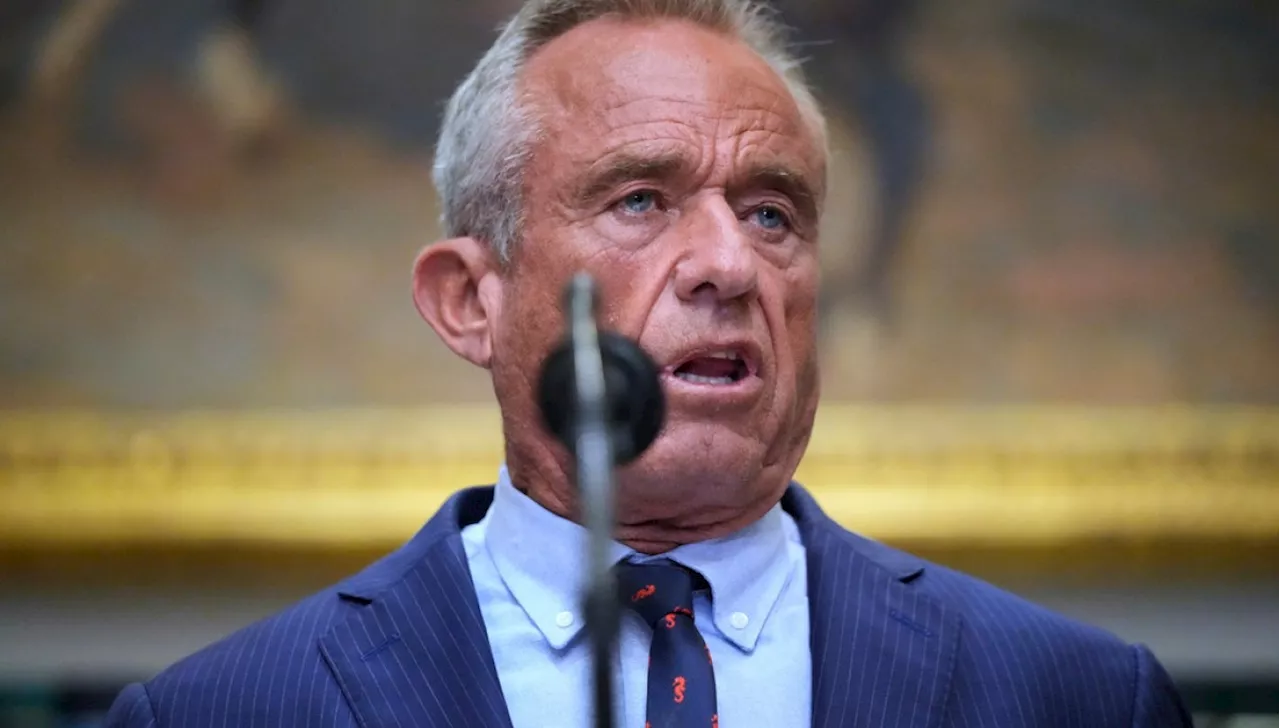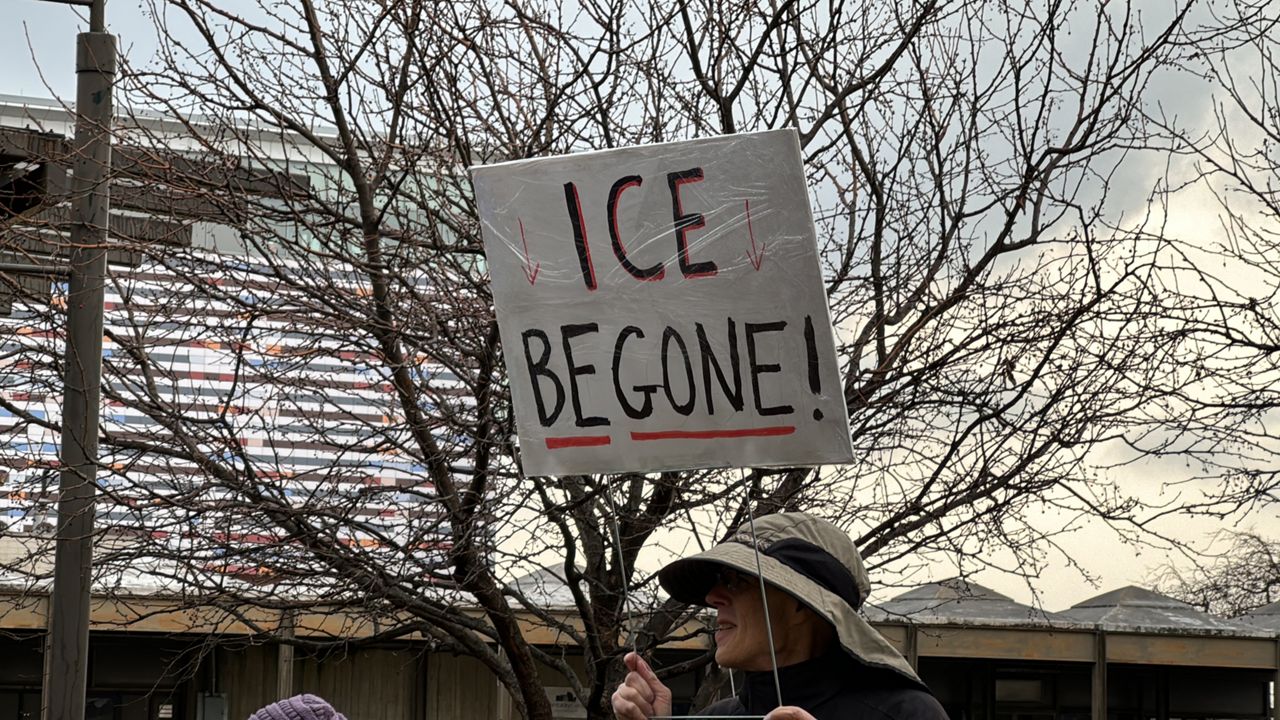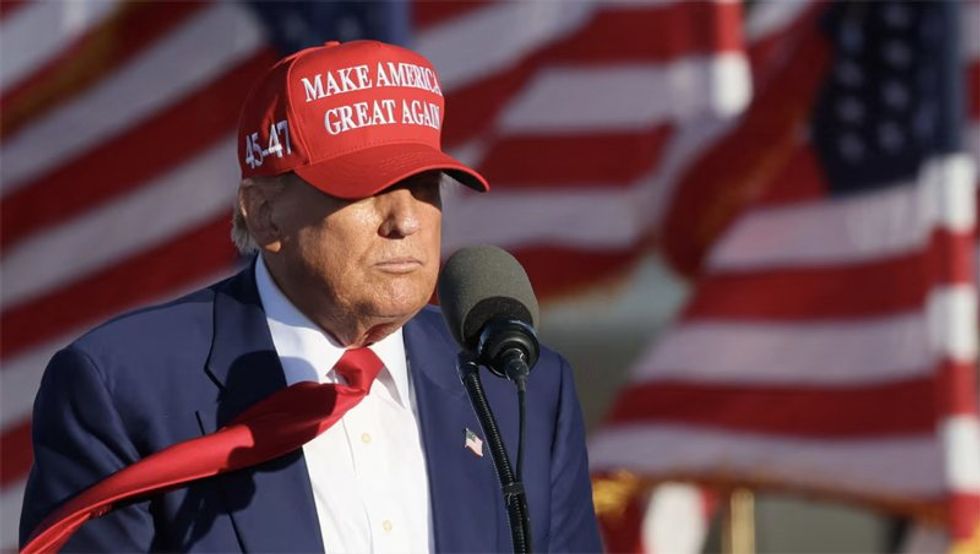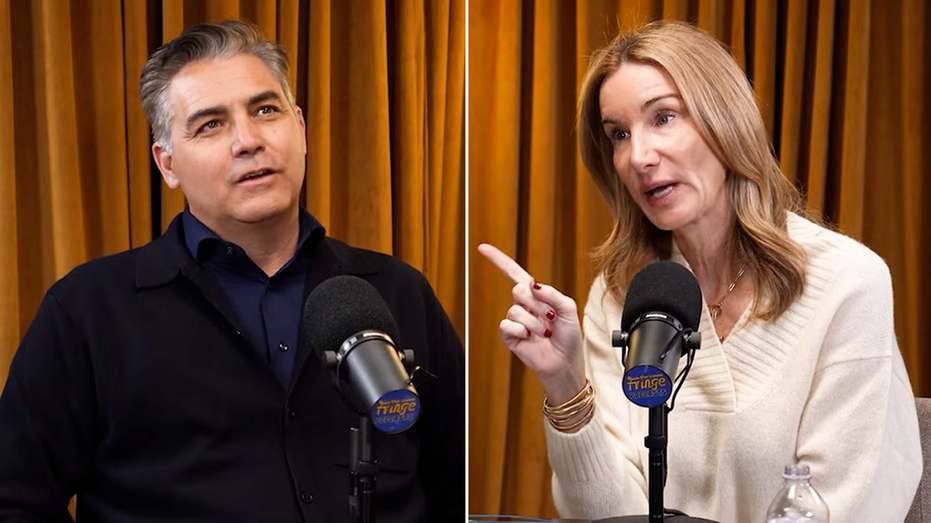The ongoing budget impasse in Pennsylvania has surpassed the three-month mark, raising serious concerns about the legislative process within the General Assembly. The failure to reach a budget agreement, which should have been completed by the June 30, 2023 deadline, has prompted calls for lawmakers to reflect on their responsibilities and the impact of their inaction.
This fiscal crisis has led some residents to suggest that if lawmakers cannot fulfill their duties, they should resign in favor of more accountable representatives. As the situation continues to develop, citizens are looking to other states for examples of effective bipartisan cooperation.
Efforts in states like Minnesota have shown that collaboration between parties can yield positive results. In Minnesota, members of both the Democratic and Republican parties formed a “Civility Caucus,” aimed at bridging the partisan divide and fostering effective governance. This initiative highlights the potential for compromise, which has been sorely lacking in Pennsylvania’s legislature.
In Arkansas, state Senator Jamie Scott, a Democrat, emphasizes the importance of working alongside her Republican counterpart, state Senator Breanne Davis. Together, they co-chair the state’s Future Caucus chapter, which seeks to engage younger legislators from both parties to develop collaborative solutions. Scott’s intention to showcase their partnership reflects a growing trend among lawmakers to prioritize cooperation over conflict.
Similarly, in Kansas, Democratic state Representative Brandon Woodard and Republican state Senator Tory Marie Blew lead their state’s Future Caucus chapter. They stress the significance of personal relationships across party lines, with Blew noting their willingness to share their phone locations despite their differing political ideologies. “We’re starting a movement that you can interact with the people across the aisle — they’re not the devil,” Blew stated, highlighting the potential for productive dialogue.
In contrast, Pennsylvania’s political landscape appears stagnant, with observers from both parties indicating that no specific issue is preventing the passage of a budget. As the impasse continues, counties, school districts, and nonprofit organizations are feeling the pressure of tightening budgets, which may lead to adverse consequences in the near future.
The inability to reach a compromise in a state with such historical significance, known for its ties to the Liberty Bell, raises questions about the priorities of elected officials. As Pennsylvania grapples with its fiscal responsibilities, the examples set by Minnesota, Arkansas, and Kansas serve as reminders of the importance of collaboration in achieving effective governance.
The current situation in Pennsylvania is a call to action for lawmakers to prioritize the needs of their constituents and consider the long-term implications of their inaction. As the budget stalemate drags on, the hope for a resolution rests on the willingness of legislators to engage in constructive dialogue and put aside partisan differences for the greater good.







